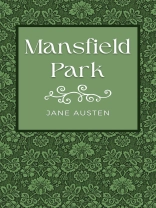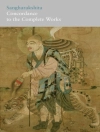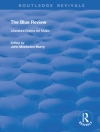Unique Elements
- About the author
- Historical Context
A TIMELESS and BELOVED Literary Classic from JANE AUSTEN.
Mansfield Park by Brtitish author JANE AUSTEN is a book of literary fiction first published in 1814 in the United Kingdom
A Gothic-style romantic drama set mainly in the fashionable resort city of Bath, England, a midst the glittering social milieu of Britain’s landed gentry.
Sneak Peak‘About thirty years ago Miss Maria Ward, of Huntingdon, with only seven thousand pounds, had the good luck to captivate Sir Thomas Bertram, of Mansfield Park, in the county of Northampton, and to be thereby raised to the rank of a baronet’s lady, with all the comforts and consequences of an handsome house and large income. All Huntingdon exclaimed on the greatness of the match, and her uncle, the lawyer, himself, allowed her to be at least three thousand pounds short of any equitable claim to it. She had two sisters to be benefited by her elevation; and such of their acquaintance as thought Miss Ward and Miss Frances quite as handsome as Miss Maria, did not scruple to predict their marrying with almost equal advantage. But there certainly are not so many men of large fortune in the world as there are pretty women to deserve them.’
At the novel’s center is Fanny Price, the classic ‘poor cousin, ‘ brought as a child to Mansfield Park by the rich Sir Thomas Bertram and his wife as an act of charity. Over time, Fanny comes to demonstrate forcibly those virtues Austen most admired: modesty, firm principles, and a loving heart. As Fanny watches her cousins cast aside their scruples in dangerous flirtations (and worse), and as she herself resolutely resists the advantages of marriage to the fascinating but morally unsteady Henry Crawford, her seeming austerity grows in appeal and wjy she was Austen’s favorite heroine.
Title Details- Originally published in 1814
- Novel of historical romance
Yazar hakkında
Jane Austen (1775 – 1817) was an English novelist known primarily for her six major novels, which implicitly interpret, critique, and comment upon the British landed gentry at the end of the 18th century.












